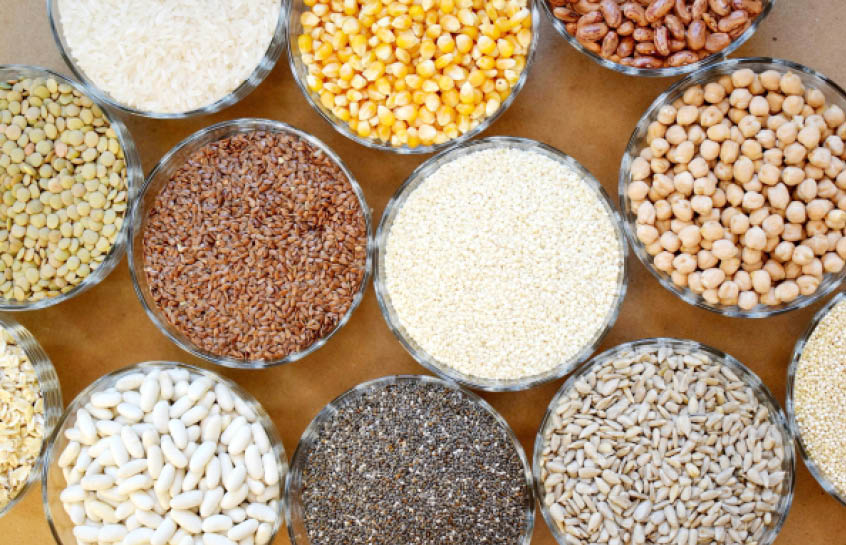Over 31.8 million Nigerians are suffering from acute food insecurity compounded by malnutrition among women and children in the country.
According to statistics provided by the 2024 Cadre Harmonise report, the surge in food commodity prices is due to the removal of fuel subsidy, in addition to security challenges, that has placed millions of Nigerians in a precarious situation.
In a statement, the Director, Press, Ministry of Budget and Economic Planning, Julie Osagie-Jacobs, stated that the development partners, including the Food and Agriculture Organisation (FAO), GAIN, GIZ and Agsys, made the disclosure at a joint review meeting on implementation of the food systems in Nigeria.
Julie said that the stakeholders advocated a multi-sectoral approach of collaboration in tackling food security, “noting that it was a must, in addressing all the challenges simultaneously. They noted that the civil society organisations, including the private sector, must be involved to extend the reach of nutrition efforts. The partners however pledged their unalloyed support to transform the food system in Nigeria.”
On his part, the Permanent Secretary of the ministry, Dr Emeka Vitalis Obi, said the objective of the meeting was to discuss the status of the implementation and for the Ministries, Departments and Agencies (MDAs) to make presentations in addition to giving updates on the activities implemented for the food transformation pathways in Nigeria.
He appreciated the support of development partners, particularly GIZ and others, for their dedication in moving the food system forward in Nigeria, while noting that their collective effort would continually lead to innovative solutions that would strengthen the food systems.
The National Convener of Food Systems in Nigeria and Director of Social Development, Ministry of Budget and Economic Planning, Dr Sanjo Faniran, in his welcome remarks, appreciated all the stakeholders for their dedication in moving the food systems forward in Nigeria.

 Join Daily Trust WhatsApp Community For Quick Access To News and Happenings Around You.
Join Daily Trust WhatsApp Community For Quick Access To News and Happenings Around You.


